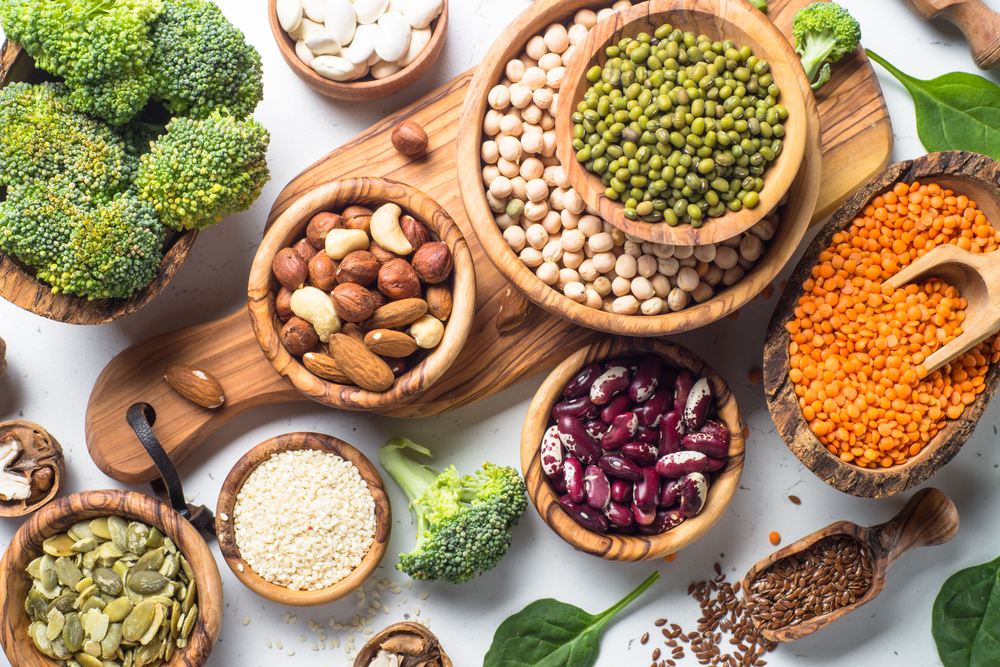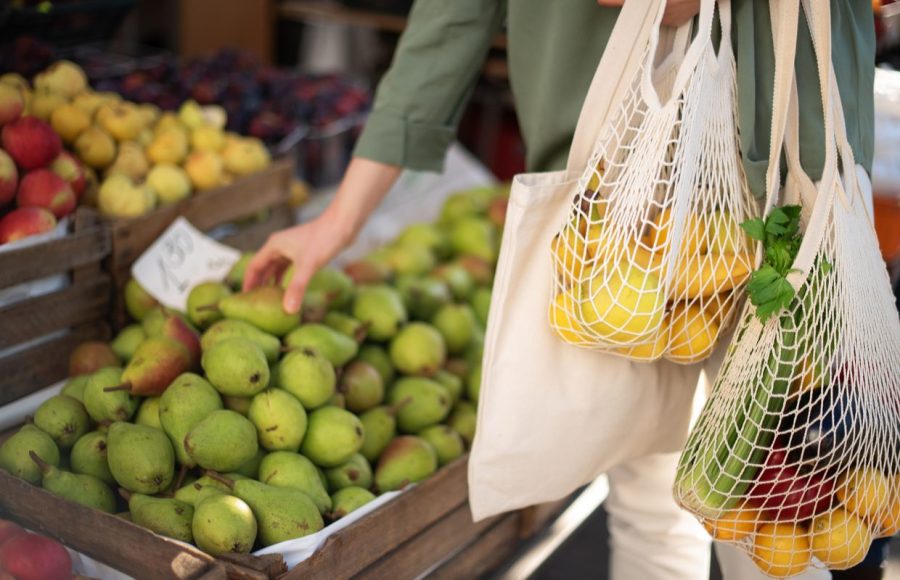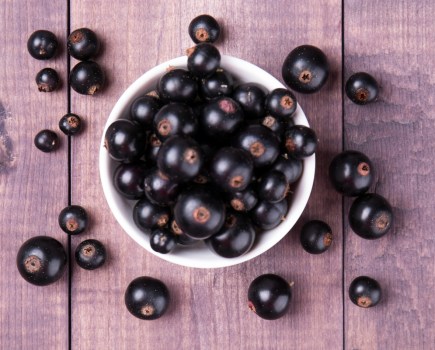Looking to make your time in the kitchen more eco-friendly? These simple sustainable eating habits from our Mindful Eater Sam Rice will help you nourish your body while also protecting the planet…
Mindful eating is usually associated with nourishing your mind and body from within. But another benefit of eating with awareness is that by making a few simple, sustainable food choices, you can help save the planet, too.
3 simple sustainable eating habits to try

1. Reduce your red meat consumption
The single best thing you can do to protect the environment is to cut your meat intake. Avoiding red meat, in particular beef and lamb, which have five times the environmental impact of pork and poultry, will reduce your carbon footprint by the equivalent of six short-haul flights a year.
If you don’t wish to cut out red meat altogether, try halving your portion sizes, such as sharing a steak with someone. Or when making burgers, you could opt to use half beef and half pork mince. Also, don’t be tempted to simply replace meat with fish. Although fish is good for you, over-fishing is a real environmental issue.
A good rule of thumb is to eat fish twice a week. When shopping, be sure to also look out for the Marine Stewardship Council logo to ensure the fish you are buying have been sourced using sustainable methods.

2. Eat more plant-based foods
You can easily eat more plants without having to commit to being vegan or vegetarian. Why not try adopting a flexitarian diet? This way of eating focuses on eating more plant-based meals without completely eliminating meat. A great way to start is by introducing plant-based weekends or one meat-free day a week.
While plants often have a significantly lower carbon footprint than animal products, it’s still important to bear in mind that many fruits and vegetables stack up significant air miles. Because of this, a great sustainable eating habit is to choose plants that are in season and grown in your own country, rather than being air-flown in.
Why not go one step further and subscribe to an organic fruit and veg box scheme? This will ensure you’re receiving organic produce – lots of which is locally-grown – with a smaller carbon footprint than shop-bought products. Visit The Soil Association and use the online tool to find an organic fruit and veg box scheme near you.

Editorial credit: Ralf Liebhold
3. Try to buy fairtrade foods
Some regular products in your shopping trolley have a bigger than average carbon footprint. Coffee, chocolate and sugar are three of the worst culprits. The good news is, you don’t need to give them up altogether.
When shopping, try to look for Fairtrade products. These have been produced by small-scale farmers who are paid fairly for their work and have access to safe working conditions. Furthermore, Fairtrade products are also better for the environment. This is because Fairtrade mainly certifies farmers who sign up to rigorous standards, including environmental criteria such as:
- Protecting the natural environment
- Banning the use of harmful pesticides
- Minimising the use of energy and water (especially from non-renewable sources)
- Making environmental protection part of farm management
Thanks to these strict eco-friendly criteria, the environmental footprint of Fairtrade cotton, for example, is 5 times lower than conventional cotton!
3 sustainable foods with a low environmental impact
Lentils
These have a carbon footprint 40 times less than red meat, so they are a great meat replacement in a Bolognese sauce, or in a curry or stew.
Mussels
Mussels are not only one of the most sustainable seafoods, but one of the most nutritious. They are high in zinc, iron, vitamins A and B12, a fantastic source of protein, low in calories and low in fat.
British apples and pears
While not the most exotic fruit, they are very well suited to our climate, so are a sustainable choice. They’re also high in fibre and great for digestion.








